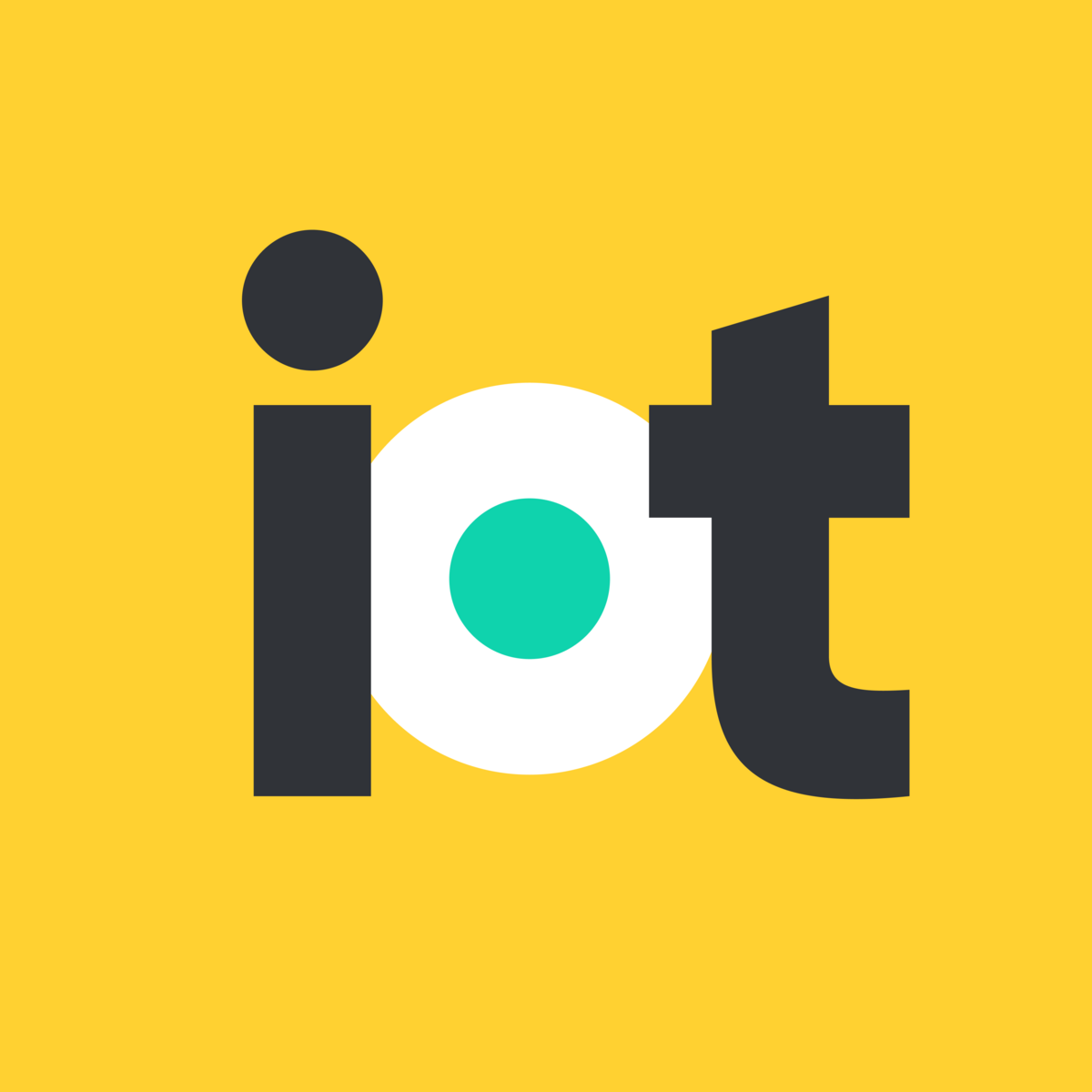Hello readers,
Welcome to the AI For All newsletter! Today, we’ll be exploring how AI can help prepare a plan to fight cancer, how AI is making education more personal, and the top news from around the web!
Also, an important update to the AI For All newsletter family: We’ve brought our AI and IoT newsletters together under one roof. That means more insights, fewer signups, and you’re automatically included.
AI in Action: Agentic Tumor Board Prep at Stanford Health Care

Stanford Health Care is using agentic AI to streamline one of the most data-intensive and time-consuming aspects of cancer treatment: preparing personalized care plans through multidisciplinary tumor boards. These boards typically involve teams of specialists analyzing imaging, genomic data, pathology slides, and clinical notes, which can take 1.5 to 2.5 hours per patient. To help reduce this burden, Stanford is integrating Microsoft’s healthcare agent orchestrator, a multimodal AI platform that combines advanced models with automation tools to help organize, interpret, and summarize vast amounts of medical data.
The orchestrator includes customizable agents capable of managing workflows across different formats, such as electronic health records, imaging systems, and clinical trial databases. These AI agents assist doctors by automatically pulling relevant treatment guidelines, checking clinical trial eligibility, and highlighting data patterns that previously required hours of manual review. One key benefit is reducing administrative “noise” so physicians can focus more on making medical decisions rather than searching through documents or reconciling conflicting data formats.
Already in use for over 4,000 tumor board patients per year, this AI integration is easing clinician workloads and reducing burnout, while also surfacing insights that may have otherwise gone unnoticed. It’s a real-world step forward in bringing AI agents from the lab into patient care, not just to save time, but to elevate the quality and consistency of cancer treatment.
🔥 Rapid Fire
Disney and Universal sue A.I. firm for copyright infringement
The Dia browser is a big bet on the web — and an even bigger bet on AI
Meta’s V-JEPA 2 model teaches AI to understand its surroundings
Wikipedia pauses AI-generated summaries after editor backlash
Meta launches a surreal AI video editor
OpenAI announces 80% price drop for o3, its most powerful reasoning model
Astronomers are using AI to unlock the secrets of black holes
Meta's all in on AI creating the ads you see on Instagram and Facebook
📖 What We’re Reading
“Imagine a classroom where every student has access to a personal tutor. Picture lessons dynamically adapt in real time, responding to each learner's unique needs, strengths, and interests.
Envision teachers focusing more on mentorship and direct engagement rather than getting bogged down in administrative tasks. This scenario is not futuristic; it represents the reality that is gradually emerging as AI becomes integrated into education.”


